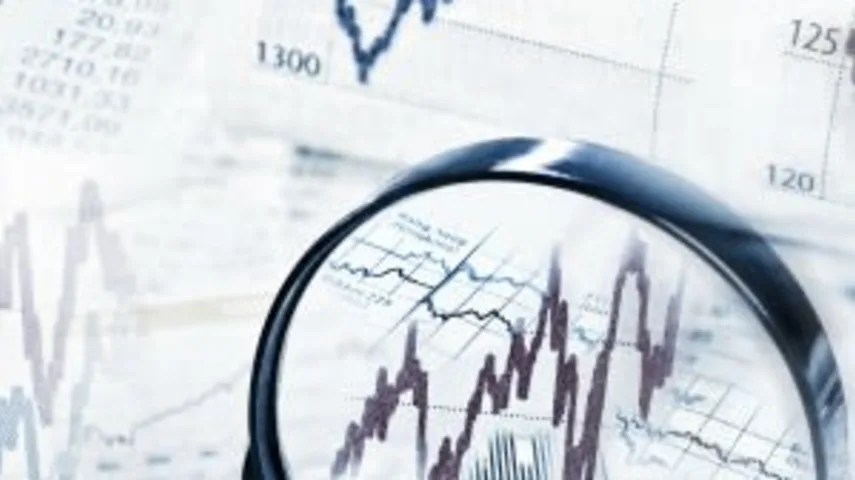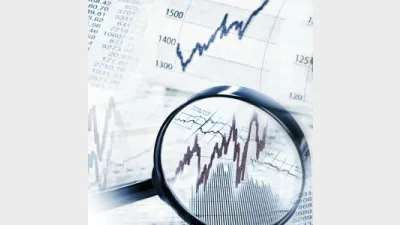Super fund members to face more volatility



The continuing volatility of global share markets is going to be an ongoing concern for super fund members, particularly for those edging retirement, according to Dixon Advisory.
Head of advice, Nerida Cole, said while it’s important to not make “knee jerk reactions” to volatility, members should still look at how their investments are holding up against the environment, and decide which investments they want going forward.
Cole said despite initial positive signals that a ceasefire had been agreed upon between China and the US, global markets have continued to be wary.
“Although the 90-day tariff ceasefire sounds good, the reality of China and the US working through these very complex negotiations within that time frame has hit home and the share markets have had a very tough week,” she said.
Cole said the US’ concerns were broader than trade tariffs, and Australians and their super funds would continue to be affected by volatility next year as the remaining “big picture issues” are yet to be resolved.
“There is still some way to go before a more meaningful and lasting agreement on trade issues can be achieved,” she said. “Recent concerns over the rate of the US interest rate rises have also hit the Australian share market and investors are watching the Federal Reserve very closely.”
Recommended for you
Australia’s largest super funds have deepened private markets exposure, scaled internal investment capability, and balanced liquidity as competition and consolidation intensify.
The ATO has revealed nearly $19 billion in lost and unclaimed super, urging over 7 million Australians to reclaim their savings.
The industry super fund has launched a new digital experience designed to make retirement preparation simpler and more personalised for its members.
A hold in the cash rate during the upcoming November monetary policy meeting appears to now be a certainty off the back of skyrocketing inflation during the September quarter.









